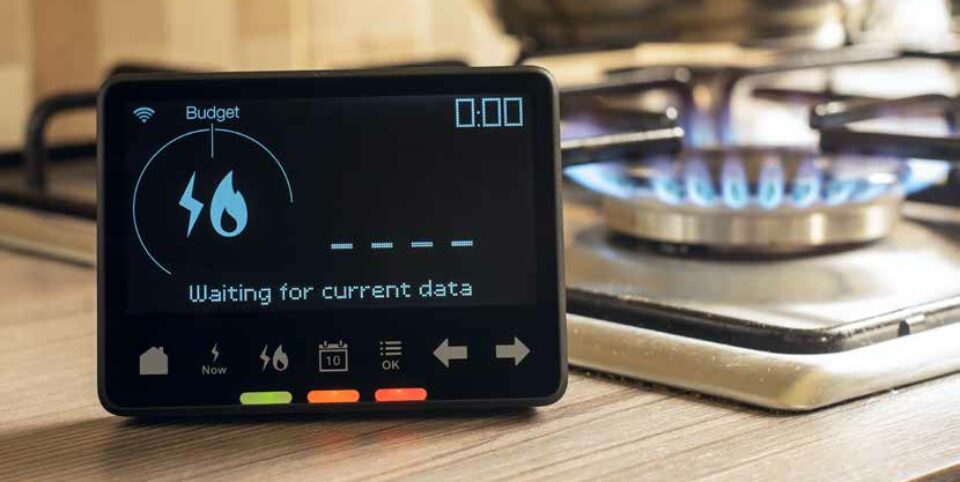Contact
020 7953 7040
info@ccameron.co.uk
Charles Cameron & Associates
Blackfriars Foundry
154-156 Blackfriars Road
London SE1 8EN
How to reduce your electricity energy bill?
February 25, 2023
Information published was correct at the time of writing
Money-off energy scheme launched to avoid blackouts

Some households are to be paid if they reduce their electricity usage during peak hours on some days this winter, after the National Grid plans were given the go-ahead by the energy regulator. The Demand Flexibility Service (DFS) is a new service that will help National Grid avoid using its emergency services if electricity supplies are impacted this winter. The network operator has announced details of the scheme, which it said could save households up to £100. Between November last year and March this year, initially there will be 12 ‘test’ days, designed to see how customers respond.
THOSE TAKING PART WILL BE GIVEN 24 HOURS’ NOTICE OF A ‘TEST’ DAY
Only the 14 million homes with smart meters will be able to take part in England, Scotland and Wales, which, it is hoped, will reduce the possibility of blackouts at times when energy use is high. In order to take part in the scheme, you need a participating supplier and a smart meter. National Grid is listing all the participating providers on the ESO website and this will be updated as new providers join the DFS. Customers taking part will be given 24 hours’ notice of a ‘test’ day when they will be asked to reduce their peak-time electricity use if they can during a one-hour period identified by National Grid, likely to be between 16:00 and 19:00.
SAVE ENERGY IS BY AVOIDING USING LARGE ENERGY CONSUMPTION
National Grid has confirmed ‘these demonstration tests will have a guaranteed minimum price of £3KWh, meaning that a typical household could save approximately £100 across the maximum 12 demonstration tests.’ Exactly how much you save will all be down to your respective energy supplier, so make sure you’re keeping an eye out when they wish to contact you. Simple ways people could save energy is by avoiding using large energy consumption appliances such as washing machines and dishwashers during this time. Other ways include cooking before or after the peak hours, switching off lights and turning off TVs and computers – or even the central heating if in use.
WHAT IS A SMART METER?
Smart meters replace your existing gas and electricity meters and tell you more about the energy you use in your home. They send regular meter readings automatically to your supplier. This keeps your energy use up-to-date. Once you’ve had your smart meter installed, you’ll be able to see how much energy you’re using. The In-Home Display is a digital device that can sit on your desk or kitchen worktop and communicates with your smart meter. It can then keep you up-to-date about the energy you’re using and encourage you to try and reduce your energy use. Smart meters are free, and there is no up-front cost to install a smart meter.
Don’t forget, our professional, friendly advisers are on hand to support you and can help you explore all of your options.



